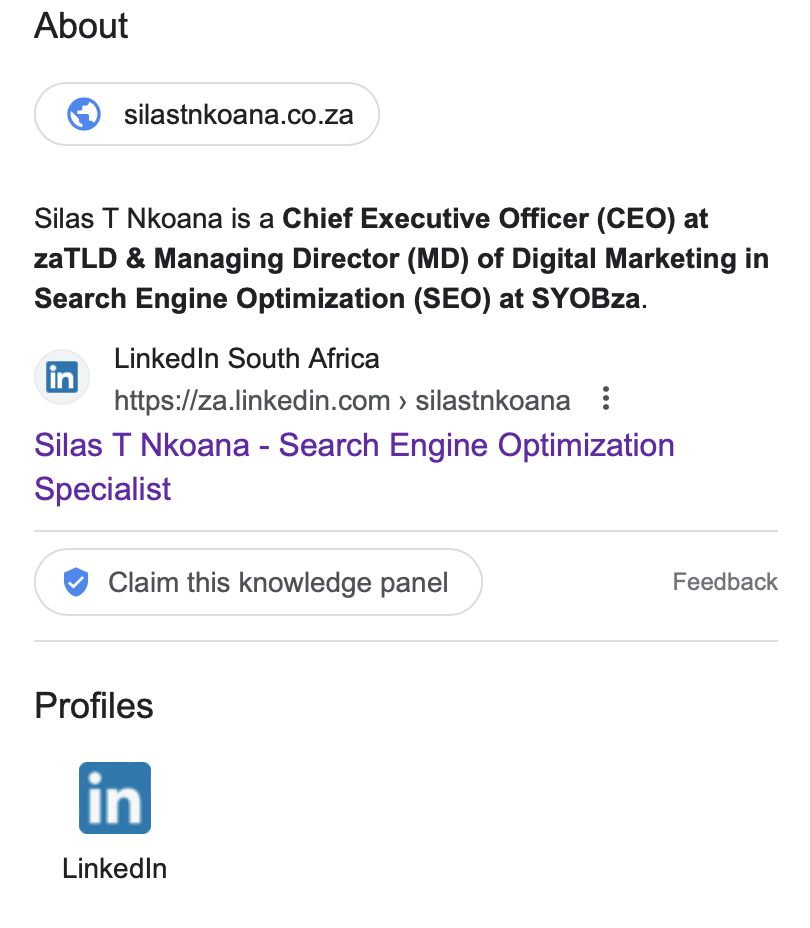Ichikawa & Steup 2023 6. Doing with Out Justification. (8)
A zero-knowledge password proof is a special type of zero-knowledge proof of knowledge that addresses the limited size of passwords. A language line is accessible to those that can not (or have limited capacity to) speak, learn, or write English. One of many pioneers of this was American Paschal Beverly Randolph (1825-1875), who argued that sexual vitality and psychoactive medicine could be used for magical functions. Also influenced by synthetic somnambulism was the religion of recent Thought, based by the American mesmerist Phineas P. Quimby (1802-1866). It revolved across the idea of “mind over matter”-believing that sickness and other negative circumstances could be cured through the ability of perception. One of the esotericists of this period was the Swedish naturalist Emanuel Swedenborg (1688-1772), who tried to reconcile science and religion after experiencing a vision of Jesus Christ. Figures in alchemy from this period appear to also have authored or used grimoires.
Esoteric ideas have in the meantime additionally exerted an influence on popular culture, appearing in art, literature, movie, and music. However, Pope Innocent VIII condemned these concepts, criticising him for making an attempt to combine pagan and Jewish ideas with Christianity. Renaissance Europe saw growing curiosity in lots of of these older ideas, with varied intellectuals combining “pagan” philosophies with the Kabbalah and Christian philosophy, resulting in the emergence of esoteric movements like Christian Kabbalah and Christian theosophy. Notable writers resembling Guido von List spread neo-pagan, nationalist ideas, primarily based on Wotanism and the Kabbalah. Instead to Faivre’s framework, Kocku von Stuckrad developed his personal variant, although he argued that this didn’t symbolize a “definition” but slightly “a framework of evaluation” for scholarly utilization. One view adopts a definition from sure esotericist schools of thought themselves, treating “esotericism” as a perennial hidden interior tradition. The problem with this is that while looking to help individuals be taught, the best way a variety of faculties and teachers operate is not necessarily something we will correctly call education.
Indian faculties of philosophy, such because the Hindu Nyaya and Carvaka faculties, and the Jain and Buddhist philosophical faculties, developed an epistemological tradition independently of the Western philosophical tradition known as “pramana”. Various academics have emphasised that esotericism is a phenomenon unique to the Western world. Lots of the grimoires appear to have kabbalistic affect. However, in 2013 the scholar Kennet Granholm said solely that Faivre’s definition had been “the dominating paradigm for an extended whereas” and that it “nonetheless exerts influence among students exterior the examine of Western esotericism”. Esotericism has pervaded various forms of Western philosophy, mysticism and religion, pseudoscience, art, literature, as well as music-and continues to affect intellectual ideas and fashionable culture. For example, knowledge of the idea of jogging implies figuring out the way it differs from strolling and operating as well as being in a position to apply this idea to concrete circumstances. More usually, Russell Impagliazzo and Moti Yung as well as Ben-Or et al. He describes social media instruments on the web that now drive more powerful forms of collaboration.

Terry Shinn, (2002) The Triple Helix and new production of knowledge: prepackaged thinking on science and expertise, Social Studies of Science, Vol 32, pp. The procedure of educating requires innovative thinking. It is taken into account to be more than only a communication problem. It is urged that throughout the temporoparietal network, the anterior temporal lobe is relatively extra vital for semantic processing, and posterior language regions are comparatively extra necessary for lexical retrieval. Such collective intervention advised could be in the development of effective nationwide ICT insurance policies that help the brand new regulatory framework, promote the selected knowledge manufacturing, and use of ICTs and harness their organizational changes to be in line with the Millennium Development Goals. The seventeenth century noticed the development of initiatory societies professing esoteric knowledge akin to Rosicrucianism and Freemasonry, while the Age of Enlightenment of the eighteenth century led to the development of new types of esoteric thought. The Age of Enlightenment witnessed a process of increasing secularisation of European governments and an embrace of fashionable science and rationality within intellectual circles.